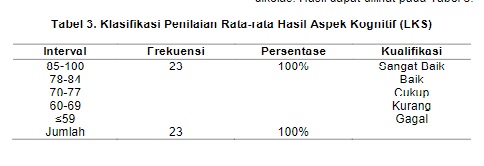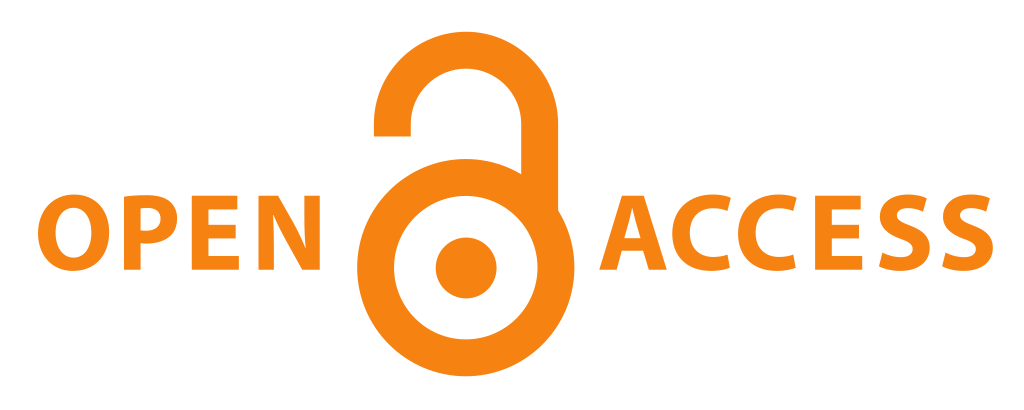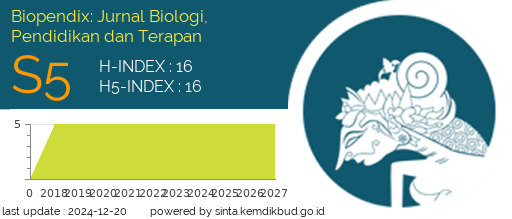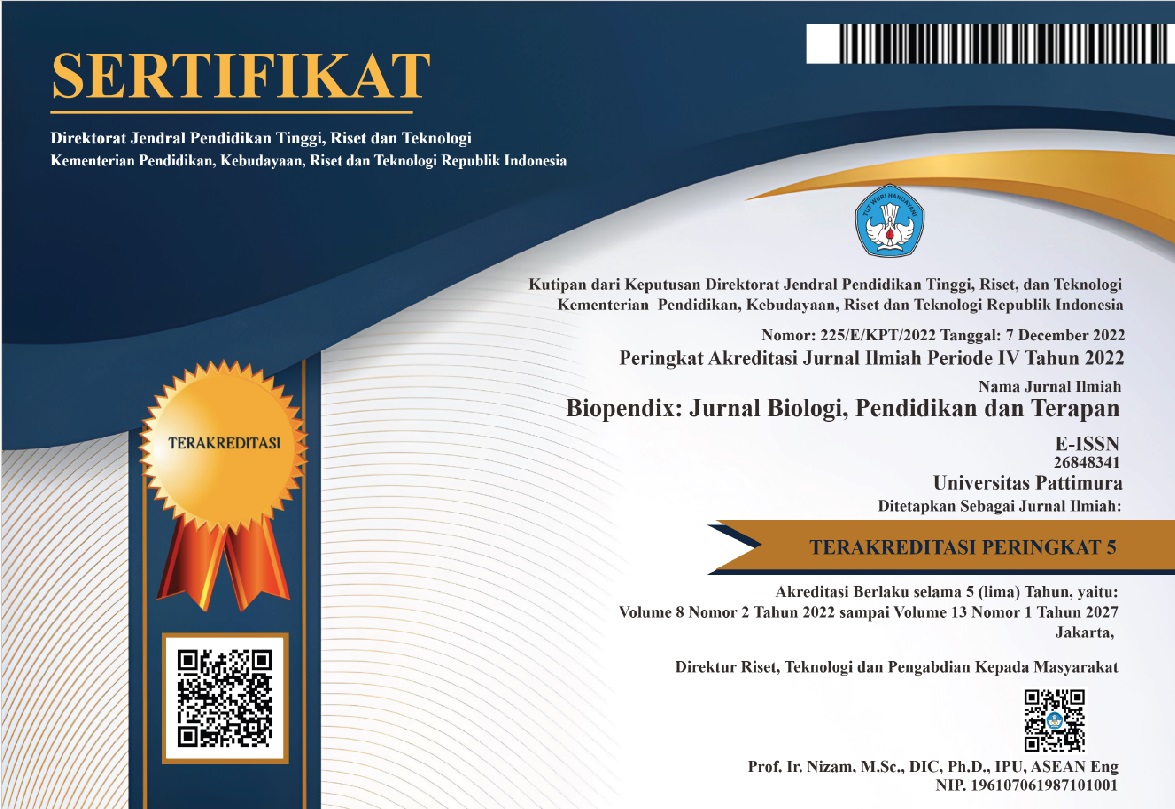PENERAPAN MODEL PEMBELAJARAN KOOPERATIF TIPE TWO STAY TWO STRAY DIPADUKAN DENGAN TIPE MAKE A MATCH UNTUK MENINGKATKAN HASIL BELAJAR BIOLOGI PADA SISWA KELAS VIII SMP NEGERI 2 AMBON MATERI ZAT ADITIF DAN ZAT ADIKTIF
Abstract
Background: The Two Stay Two Stray cooperative learning model is one of the cooperative learning techniques that provides opportunities for groups to discuss sharing results and information with other groups. The Make a Match model is part of cooperative learning in which the learning model the teacher prepares a card that contains problems or problems and prepares an answer card then the student looks for the pair of cards. This study aims to determine the improvement of Biology learning outcomes for VIII grade students of SMP Negeri 2 Ambon on additive material and taught using the Two Stay Two Stray cooperative learning model combined with the Make a Match type.
Method: This research was conducted from 10 October to 7 November 2019. The type of research used was descriptive. The research subjects were students of class VIII bill 1, totaling 23 students. The instruments used were preliminary and final tests, observation sheets, worksheets.
Results: The results showed that there was an increase in student learning outcomes from 39.52% to 100%. After being taught with the Two Stay Two Stray cooperative learning model combined with the Make a Match type.
Conclusion: There is an increase from the initial test results of students who have not reached the minimum completeness criteria and the final test has reached the Minimum completeness Criteria (KKM).
Downloads

Authors who publish with this Journal agree to the following terms:
- Author retain copyright and grant the journal right of first publication with the work simultaneously licensed under a creative commons attribution license that allow others to share the work within an acknowledgement of the work’s authorship and initial publication of this journal.
- Authors are able to enter into separate, additional contractual arrangement for the non-exclusive distribution of the journal’s published version of the work (e.g. acknowledgement of its initial publication in this journal).
- Authors are permitted and encouraged to post their work online (e.g. in institutional repositories or on their websites) prior to and during the submission process, as it can lead to productive exchanges, as well as earlier and greater citation of published works




 2
2






